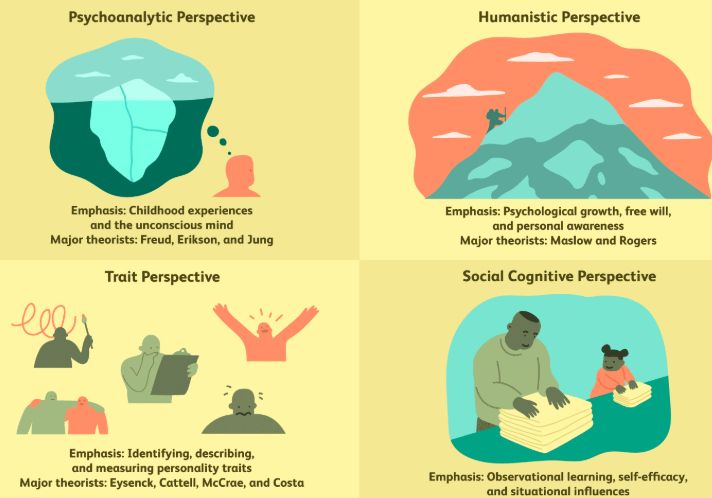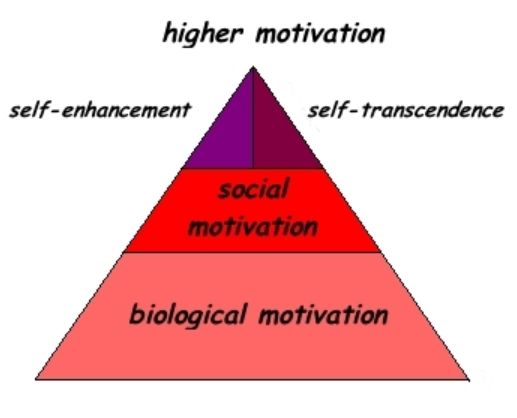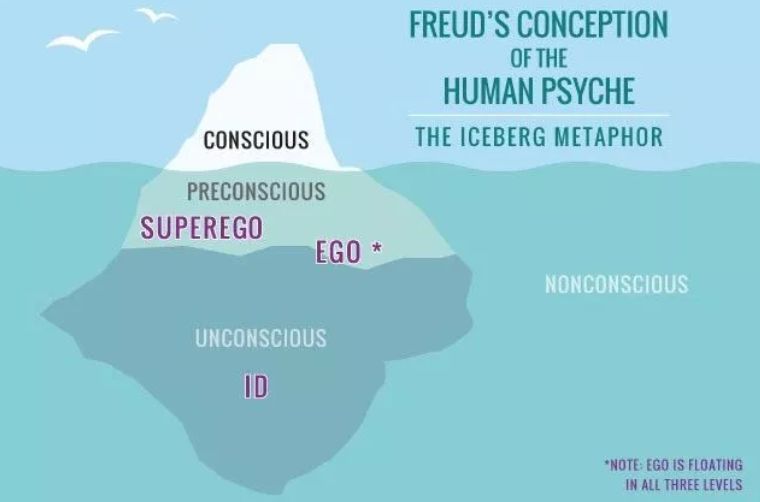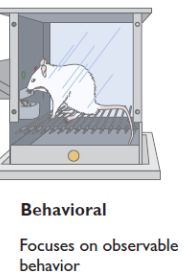8 Perspectives Of Human Psychology
Apr 03, 2019 • 810 views
The human mind is a complex machine & works very well in complicated situations either to resolve them or to accelerate it. Psychology over the decades since its acceptance as a separate discipline in the study of human anatomy has grown vast whether it be the vastness in several topics or depth of a topic. As psychology deals with how our brain works, there can be one or more than one reasons to justify an action, these are called perspectives or point of views. The researcher in the field of psychology apply a varying number of perspectives to understand human thoughts & find patterns in them, like, behavior, genetics, etc; may even prefer one school of thoughts over another. Although there is no comparison of one to another, no such thing as a “better” perspective exist, only the one that suits a person is correct. The case is every new suggestion on a perspective is slightly less wrong than the previous suggestion as psychologists are working towards a better understanding.

Here are 8 major perspectives of modern psychology:
·Biological Perspective
·Psychodynamic Perspective
·Behavioral Perspective
·Cognitive Perspective
·Cross-cultural Perspective
·Evolutionary Perspective
·Humanistic Perspective
·Biopsychosocial Perspective
Biological Perspective
It is also known neuroscience perspective; the name suggests it depends on genetical factors on the inheritance of a certain gene which provoke actions accordingly. It mainly branched out as the study of physiology which played a major role in creating psychology a different stream of study; therefore, sometimes it is referred to as physiological psychology.

A psychologist who takes this approach might look up the genetic makeup of an individual & discover how it influences that individual’s personality & behavior. This field has expanded over the decades as the technologies to study brain cell-like, MRI (magnetic resonance imaging), PET (positron emission tomography). These have given the scientist the ability to study nervous system closely than ever, & how it changes under the effect to drugs, alcohol & other addictive substances.
Psychodynamic Perspective
Sigmund Freud’s work originated this approach, it basically develops through a study of a person’s part maybe childhood experience (real or imaginary dreams or an accident), subconscious mind & unconscious thoughts. This perspective is used mostly to help people suffering from mental illness or difficult interpersonal relationship with people whom they are close to or close relatives or family or close friends.

Freud’s work shows that our personality inside our brains has three main constituents:
·The ID: contains all the unconscious & primal desires or wishes.
·The Ego: the tool that deals with real-world problems.
·The Superego: It helps in the development of an individual & also to maintain morals (correct according to the person).
Behavioral Perspective

An observational aspect of psychology where we focus on external habits, environment & how you say what you say instead of focusing on internal or surreal reasons which can only be theorized. This method was quite popular during the twentieth century but soon lost its appeal by 1950 wasn’t the most used technic. A psychologist who support this school of thoughts, don’t believe in our will to act according to our choices rather they believe that we learn through a system & become more aware as the time passes due to our failed attempts or sometimes due to suppression from outside.
We will continue this discussion further in the next article.
